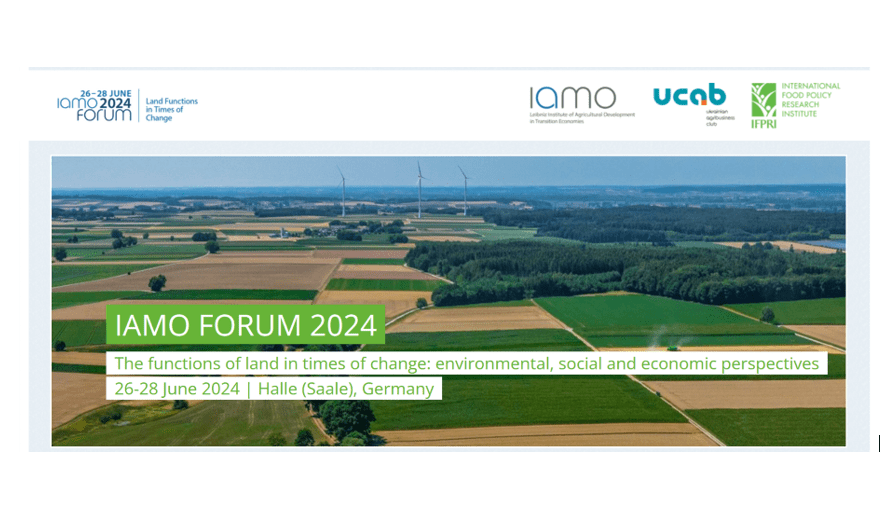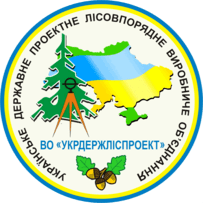The results of the remote sensing-based national forest inventory in Ukraine were presented on June 26 at the IAMO Forum in Halle, Germany. This forum is held annually and serves as a platform for exchange between scientists, policymakers, and representatives of the agricultural, rural development and forestry sectors. IAMO Forum 2024 is titled “The Functions of Land in Times of Change: Environmental, Social, and Economic Perspectives” and is organized by the Leibniz Institute of Agricultural Development in Transition Economies (IAMO).
One session of the forum was titled “The Effects of War on Land Use and Environment in Ukraine.” Within this framework, the results of the presentation “Even in War-Times: Sustainable Forestry Implementation in Ukraine. Contributions by the National Forest Inventory” were showcased. These results are mainly based on research results by National University of Life and Environmental Sciences of Ukraine (Victor Myroniuk and his team) with with important contribution of the Ukrainian State Forest Resources Agency as well as Unique land use (Germany) under the umbrella of the Ukrainian-German SFI-project.
The core point of the presentation was the expansion of the NFI (National Forest Inventory) approach from a terrestrial to a remote sensing-based inventory. Due to the inaccessibility of many areas because of Russian occupation and mines, this technical shift was necessary to make valid statements for the entire country of Ukraine. The results provide reliable data on forest areas, the distribution of major tree species, timber volumes, and other forest key data.
The presentation pointed out that it is now crucial to implement these results in forest management and to make the timber resources in Ukraine’s wood sector available. In addition to the forestry sector, studies on agricultural use and conservation aspects also demonstrate how remote sensing-based approaches can help conduct analyses in the land use sector despite severe disruptions, thereby contributing to economic development. Results in Halle were presented by Bernd Wippel and was well-perceived by an interested audience.

